Health Living Community Members
Groundbreaking Settlement Agreement with San Francisco: New Housing and Community Services Created for Seniors and Adults with Disabilities
Groundbreaking Settlement Agreement with San Francisco: New Housing and Community Services Created for Seniors and Adults with Disabilities
o
permalink Groundbreaking Settlement Agreement...
o Posted: Sat, Sep 20 2008 5:28 PM
o
o
o
FOR IMMEDIATE RELEASE
Contact: Elissa Gershon
Protection &Advocacy, Inc. (CA) c/o NDR
Phone: (510) 267-1223
E-Mail: Elissa.Gershon@pai-ca.org
September 19, 2008
Groundbreaking Settlement Agreement with San Francisco: New Housing and Community Services Created for Seniors and Adults with Disabilities
San Francisco — Today in federal district court, Judge
William H. Alsup granted final approval of the settlement
agreement in the civil rights class action filed to prevent
unnecessary institutionalization of people with disabilities at
Laguna Honda Hospital, Chambers et al. v. City and County of San
Francisco. The settlement will greatly increase
community-based housing and service options in San Francisco as
well as improve coordination of care.
Mark Chambers, lead plaintiff in the lawsuit and someone who has
lived in Laguna Honda Hospital since 1999, was at the fairness
hearing today. He told Judge Alsup that he was proud to
represent San Franciscans with disabilities in the case, and that
he looked forward to moving out on his own, with services and
supports. He hopes to be first in line to qualify for one of
the accessible housing units that San Francisco will secure under
the Agreement. Up to 500 city funded subsidies will make
such units affordable for class members.
The lawsuit was brought in the Northern District of California by
six individual plaintiffs who are or were residents of Laguna
Honda, as well as the Independent Living Resource Center of San
Francisco (ILRCSF) as organizational plaintiff. Co-counsel
on the case are Protection &Advocacy, Inc. (soon to be
Disability Rights California), AARP Foundation Litigation, the
Bazelon Center for Mental Health Law, Disability Rights Education
and Defense Fund (DREDF), and the law firm of Howrey LLP, pro
bono.
Herb Levine, Executive Director of ILRCSF, echoed Mr. Chambers'
enthusiasm, saying that "the inclusion of housing subsidies in
the agreement is a landmark event in Olmstead litigation, and we
hope it can provide a framework for future efforts to promote
integration." Olmstead refers to a 1999 Supreme Court
decision, Olmstead v. L.C, requiring states to support
community-based options for people with disabilities in order to
prevent unnecessary institutionalization.
In granting final approval, Judge Alsup congratulated the parties
and said that this settlement is one of the better ones he has
seen in terms of outcomes.
Elissa Gershon, lead attorney from the Oakland office of
Protection &Advocacy, Inc., said that, "This is an exciting day
for Mark and for other Laguna Honda residents. We look
forward to collaborating with San Francisco in implementing this
groundbreaking agreement, which will improve the lives of
hundreds of San Franciscans with disabilities and provide a model
for community integration in other cities and states.
"This settlement will not only bring about changed circumstances
for class members, but a changed mindset about disability and
independence, dignity and community integration," states DREDF's
Directing Attorney Arlene Mayerson. "It is a step forward
in recognizing that individuals with disabilities are not just
"patients," but full members of our communities."
Henry Su, a Howrey LLP partner on the plaintiffs' legal team,
observed that "the settlement agreement exemplifies what the
parties can accomplish in a collaborative environment; the
parties have developed practical and workable solutions to make
Olmstead real. Congratulations to Mark and the other
plaintiffs."
Jennifer Mathis, of the Bazelon Center noted, "We are very
encouraged that San Francisco is making real integration
possible. Laguna Honda residents deserve a chance to live
normal lives and participate as members of their communities."
Settlement Summary
Among its many provisions, the agreement creates an innovative
program to coordinate services across city departments, enabling
San Franciscans with disabilities who live at, or are referred
to, Laguna Honda, to instead receive community-based housing and
services. Eligible individuals will be assessed for,
referred to, and provided with subsidized housing, attendant and
nursing care, case management, substance abuse treatment, mental
health services, and assistance with meals.
In addition, several hundred Medi-Cal Home and Community-Based
waiver slots, which allow people to receive long-term health care
in their homes instead of in institutions, will be made available
to those who qualify. These waivers should bring millions
of dollars in federal and state Medicaid funding to San
Francisco.
Innovative Housing Program
Another exciting and innovative aspect of the agreement is the
development of a rental subsidy program, through which San
Francisco will, over the next five years, secure and subsidize
scattered-site, accessible, independent housing for approximately
500 people with disabilities and seniors who are eligible for
community-based services.
To review the entire Settlement Agreement, please visit
http://www.pai-ca.org/news/lhh/index.htm
Hopefully Florida nursing home residents can benefit from this settlement.
Fla. Medicaid recipients want out of nursing homes
September 20, 2008 06:31 EDT
PLANT CITY, Fla. (AP) -- Some nursing home-bound Medicaid recipients in Florida say they want out and they're hoping a lawsuit will unlock the doors.
Medicaid recipients across Florida accuse the state of illegally forcing them to live in nursing homes. A federal lawsuit seeks class-action status.
One disability lawyer says "very, very, very few people" cannot be cared for in the community.
But obtaining Medicaid-supported services at home is substantially harder and often involves a long waiting list, even though it may actually cost less.
Advocates charge that nursing homes have successfully pressured politicians to make qualifying for community care more difficult. The defendants claim the plaintiffs want the courts "to second-guess" the way Florida has chosen to make services available in light of the state's available resources.
The results of this Illinois study are also very interesting
"The Chicago-based project documented the experiences and concerns of 200 disabled people attempting to transition out of nursing homes to least restrictive community living, actively involving participants in an empowerment and systems and policy change program. The authors describe the partnership between the University of Illinois at Chicago and two centers for independent living; the project's research, policy-related goals, and activities; and the outcomes realized. Barriers and facilitating factors to long-term care systems change are described, as are implications for other CBPR partnerships focused on disability public policy. Keywords: community-based participatory research; disability policy; long- term care policy; community living; nursing homes; community integration; community participation."
http://www.redorbit.com/news/health/1560859/communitybased_participatory_research_in_disability_and_longterm_care_policy_a/












































































































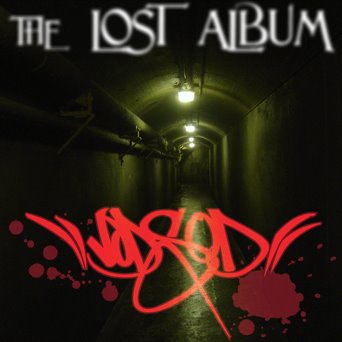




















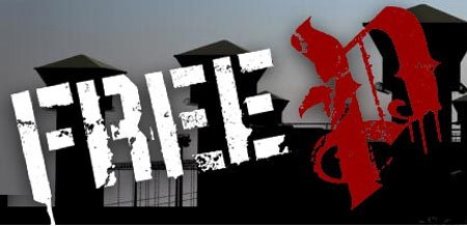















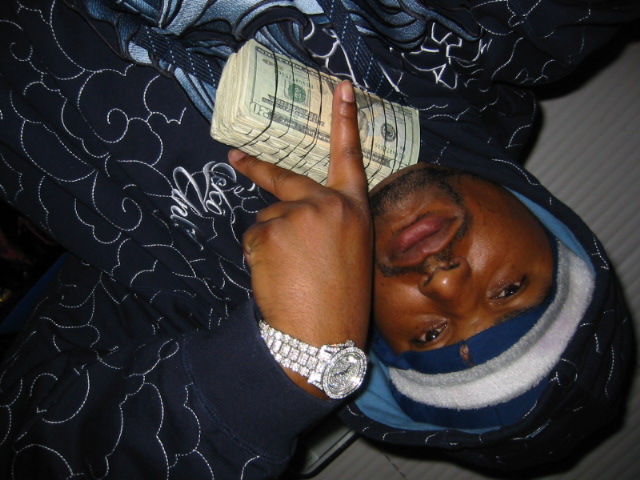





































































































.jpg)






















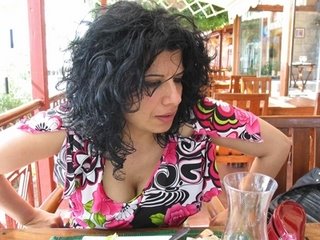

























































































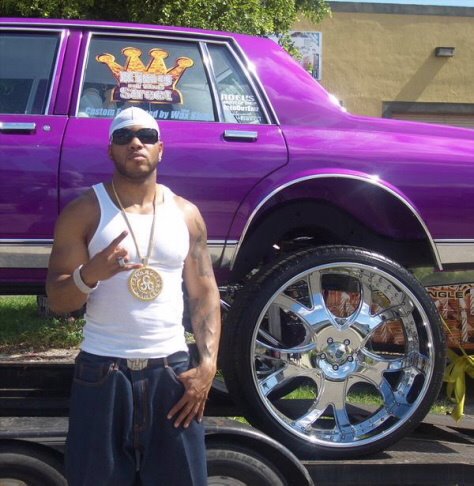























































































































































































































































































































































































































































































































No comments:
Post a Comment